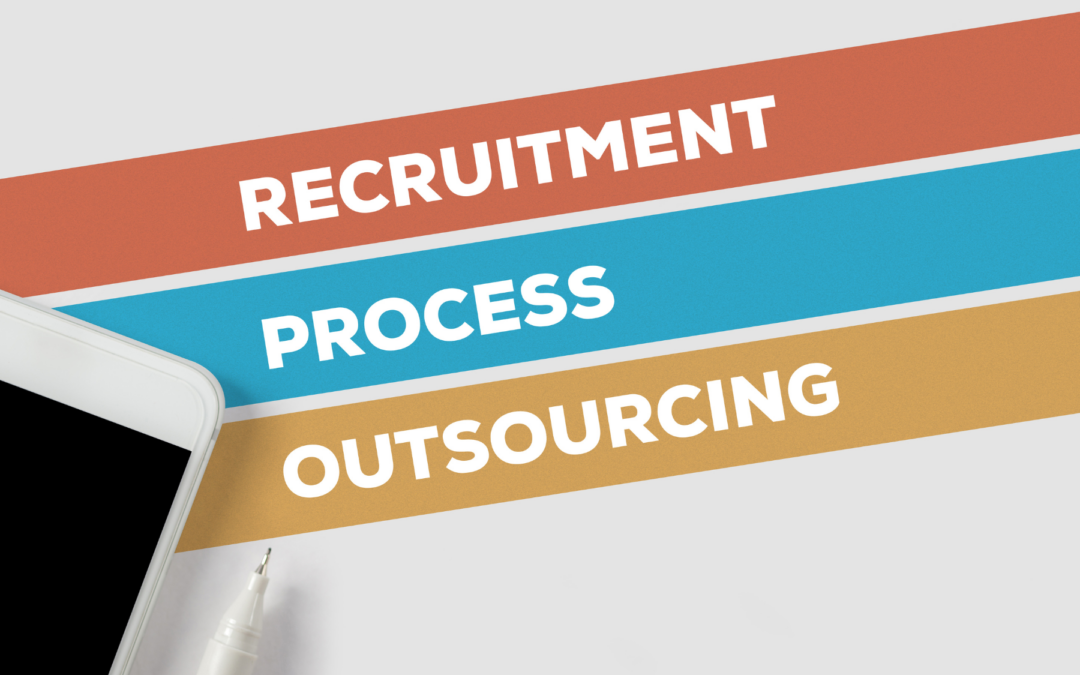Hi there, recruitment and staffing professionals! Are you struggling to find qualified candidates for your open positions? If so, you’re not alone. In today’s competitive job market, it can be tough to attract and hire the best talent. But don’t worry, there is a solution: recruitment process outsourcing (RPO).
RPO is a service that allows businesses to outsource their entire recruiting process to a third-party provider. This can free up your internal resources so you can focus on other aspects of your business, and it can also give you access to a wider pool of qualified candidates.
In this blog post, we’ll take a closer look at RPO and explain how it can benefit your business. We’ll also discuss the different types of RPO services that are available, and we’ll provide tips on how to choose the right RPO provider for your needs.
What is RPO?
RPO stands for recruitment process outsourcing. It’s a service that allows businesses to outsource their entire recruiting process to a third-party provider. This includes everything from sourcing candidates to screening and interviewing them, and even making job offers and onboarding them.
There are many different types of RPO services available. Some RPO providers offer a comprehensive service that includes all aspects of the recruiting process. Others specialize in a particular area, such as sourcing candidates or conducting interviews.
How can RPO benefit your business?
There are many ways that RPO can benefit your business. Here are a few of the most common benefits:
- Free up internal resources: Outsourcing your recruiting process to an RPO provider can free up your internal resources so you can focus on other aspects of your business. This can be especially helpful if you have a small HR team or if you don’t have a dedicated recruiter.
- Access a wider pool of qualified candidates: RPO providers have access to a wider pool of qualified candidates than most businesses do. This is because they have relationships with a variety of staffing agencies and job boards.
- Improved efficiency: RPO providers can help you improve the efficiency of your recruiting process. They have the expertise and experience to streamline your process and get you the candidates you need faster.
- Reduced costs: RPO can save you money in the long run. This is because RPO providers can negotiate lower fees with staffing agencies and job boards. They can also help you avoid the costs associated with hiring an internal recruiter.
When is RPO a good fit?
RPO is a good fit for businesses of all sizes, but it’s especially beneficial for businesses that:
- Have a high volume of hiring
- Need specialized expertise in recruiting
- Have limited internal recruiting resources
If you’re struggling to find qualified candidates in-house, RPO is a great option. It can help you save time, and money, and get the candidates you need faster.
How to choose an RPO provider
There are many different RPO providers out there, so it’s important to choose one that’s right for your needs. Here are a few tips on how to choose an RPO provider:
- Do your research: Before you choose an RPO provider, it’s important to do your research. Read reviews, compare pricing, and get quotes from several providers.
- Consider your needs: When you’re choosing an RPO provider, it’s important to consider your specific needs. What type of RPO services do you need? How many candidates do you need to hire each year?
- Get references: Once you’ve narrowed down your choices, ask the RPO providers for references. This will give you an idea of how they’ve performed in the past.
- Meet with the provider: Once you’ve found a few RPO providers that you’re interested in, schedule a meeting with them. This will give you a chance to ask questions and get a feel for their company culture.
The RPO process
The RPO process typically involves the following steps:
- Needs assessment: The RPO provider will work with you to assess your needs and develop a plan to meet those needs.
- Strategy development: The RPO provider will develop a recruiting strategy that is tailored to your specific business needs.
- Candidate sourcing: The RPO provider will source candidates from a variety of channels, including online job boards, social media, and employee referrals.
- Screening and interviewing: The RPO provider will screen resumes and conduct interviews on your behalf.
- Onboarding: The RPO provider will help you onboard new hires and ensure that they have a smooth transition into your company.
The ROI of RPO
RPO can offer a number of financial benefits, including:
- Reduced costs: RPO can help you reduce your recruiting costs by outsourcing tasks such as candidate sourcing and screening.
- Increased speed to hire: RPO can help you fill open positions more quickly by providing you with access to a wider pool of qualified candidates.
- Improved quality of hires: RPO can help you improve the quality of your hires by providing you with more personalized and targeted recruiting services.


